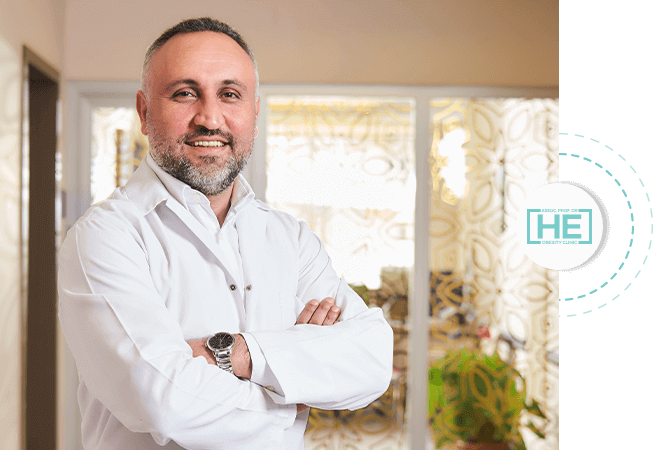Dr. HE Obesity Clinic
Best Gastric Sleeve in Turkey
- Specialized in Bariatry
- Hi-tech Healthcare Services
- 24/7 Personal Patient Care by Senior Consultants
- International Scientific Publications
Before & After









Assoc. Prof. Dr. Hasan Erdem General Surgery Specialist - Obesity and Metabolic Surgery

Dr. Hasan Erdem was born in 1976 in Hatay. Hasan Erdem; and had medical education between 1996-2002 at the Istanbul Medical School of Istanbul University.
In 2008, Dr. Hasan Erdem completed his specialization in General Surgery at Bezmialem Vakıf Gureba Teaching Hospital in Istanbul.
Dr. Hasan Erdem was assigned to Government Hospital where he performed his obligatory services to the State between 2009-2011. After completing the obligatory services, he worked as chief assistant in General Surgery at the Training and Research Hospital of Istanbul where he performed studies on Advanced Laparoscopic and Robotic Surgery.
In 2016, Dr. Hasan Erdem established a private clinic in Istanbul where he currently works.
Dr. Hasan Erdem was granted the title Associate Professor of Obesity and Metabolic Conditions on August 27,2018.
Patient Reviews






24/7 Obesity Helpline









